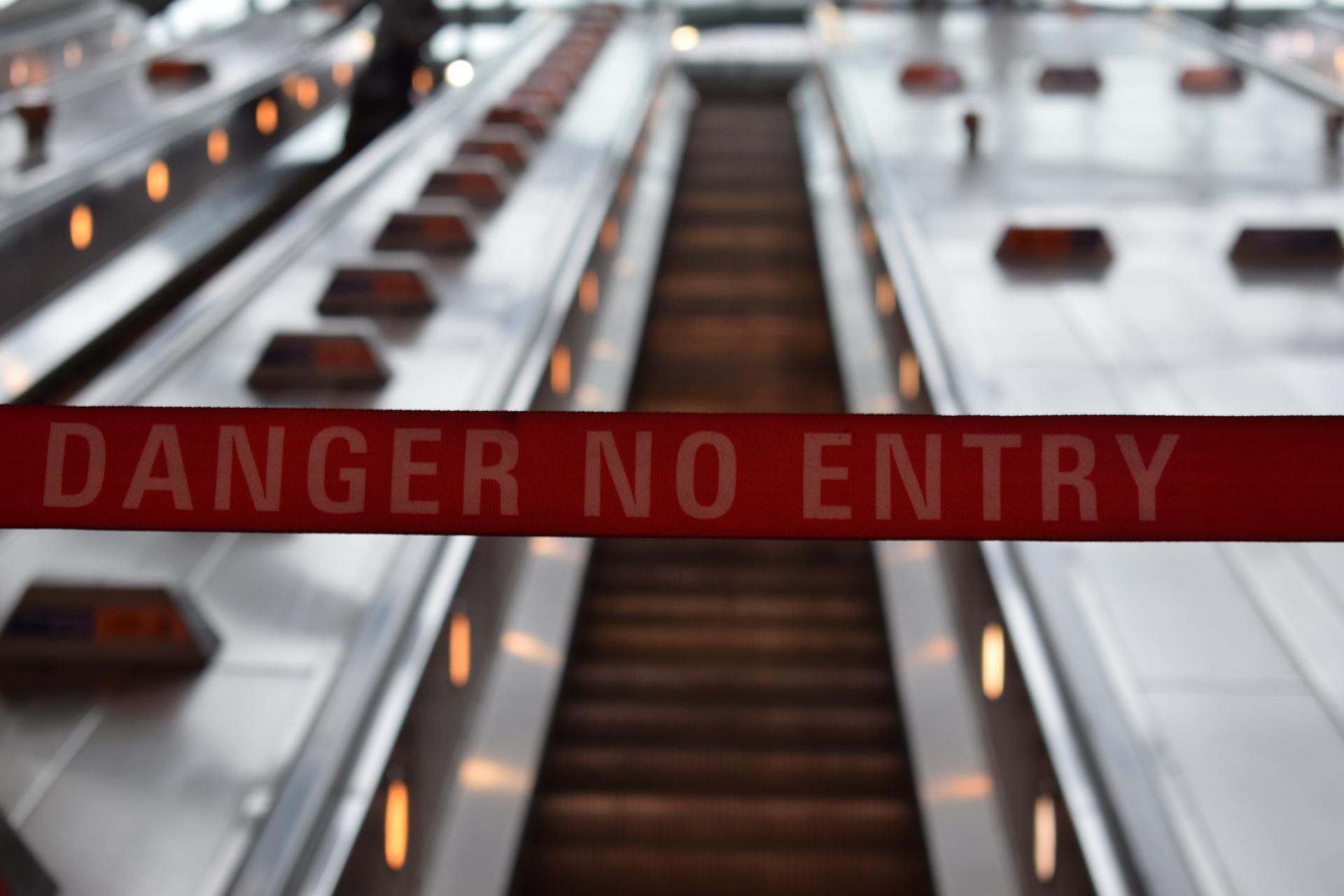Importance of Filing AR-11 Change of Address During Trump 2.0
Failure to submit the AR-11 Charge of Address form when required can lead to serious consequences such as penalties for not complying with U.S. immigration regulations and removal (deportation).
The initial months of President Trump’s current administration have seen the issuance of several major executive orders and directives related to immigration, setting the stage for substantial changes that will affect both employers and foreign nationals residing and working in the United States.
It is of critical importance now, that all foreign nationals promptly file Form AR-11, Alien’s Change of Address Card, with U.S. Citizenship and Immigration Services (USCIS) within 10 days of moving to a new residence.
Legal Requirement
Under Section 265 of the Immigration and Nationality Act (INA), all non-U.S. citizens residing in the United States—including lawful permanent residents (green card holders), students, and temporary visa holders—are legally required to notify USCIS of any change of address within 10 days of moving.
Who is Required to File
This rule applies to:
- All non-U.S. citizens regardless of their immigration status, including those in the U.S. on temporary visas, lawful permanent residents (green card holders), and other nonimmigrant categories such as students or workers. The only exceptions are for A and G visa holders and individuals visiting under the visa waiver program.
- Everyone with a pending application or petition with USCIS—such as an application for a visa, green card, or naturalization—you must update your address to ensure that you receive all official correspondence related to your case. Failing to do so may result in missing important notifications, delays, or even denial of your application.
- Special immigrants, including those granted asylum, refugee status, or certain forms of humanitarian relief, may also need to file Form AR-11 to keep their information current with USCIS.
How to File an AR-11 Change of Address Form
You can satisfy this requirement by:
- Submitting the change of address online through their USCIS account (recommended for speed and confirmation), or
- Filing a paper Form AR-11 by mail.
Please note: Updating an address with the U.S. Postal Service (USPS) does not fulfill this legal obligation. All non-U.S. citizens must file Form AR-11 directly with USCIS.
Consequences of Failing to File
Failure to file Form AR-11 within 10 days of moving is a misdemeanor and can result in significant penalties under federal law, including:
- A fine of up to $200,
- Imprisonment for up to 30 days, or both,
- Potential removal (deportation) from the United States, unless the failure can be shown to be reasonably excusable or not willful.
While enforcement has varied over the years, these penalties remain in effect and can have serious consequences for both current immigration status and future benefit eligibility. The law does provide an exception if the failure to file was not willful or was reasonably excusable, but the burden is on the individual to prove this. Because failing to comply with this reporting obligation can result in serious consequences—including possible jail time, deportation, and negative effects on future immigration applications—it is essential that noncitizens pay close attention to and fulfill this requirement.
Why Timely Filing Matters
In addition to legal compliance, keeping USCIS informed ensures that employees receive all important correspondence regarding their immigration status, pending applications, and benefit notifications. Failure to update an address can result in missed notices, delayed processing, or denial of applications.
Consequences of Late Filing An AR-11 Change of Address Form
INA §266(b) (USC §1306b) establishes that "any alien who fails to give written notice to the Attorney General, as required by section 1305 of this title, shall be taken into custody and removed in the manner provided by part IV of this subchapter, unless such alien establishes to the satisfaction of the Attorney General that such failure was reasonably excusable or was not willful."
While the Attorney General is directed to take “into custody” and remove those who fail to provide written notice of change of address timely, if the foreign national can establish “to the satisfaction” of the Attorney General that the failure was “reasonably excusable or was not willful” the foreign national may avoid deportation.
If you have any questions or require assistance with the process, please do not hesitate to contact us.










